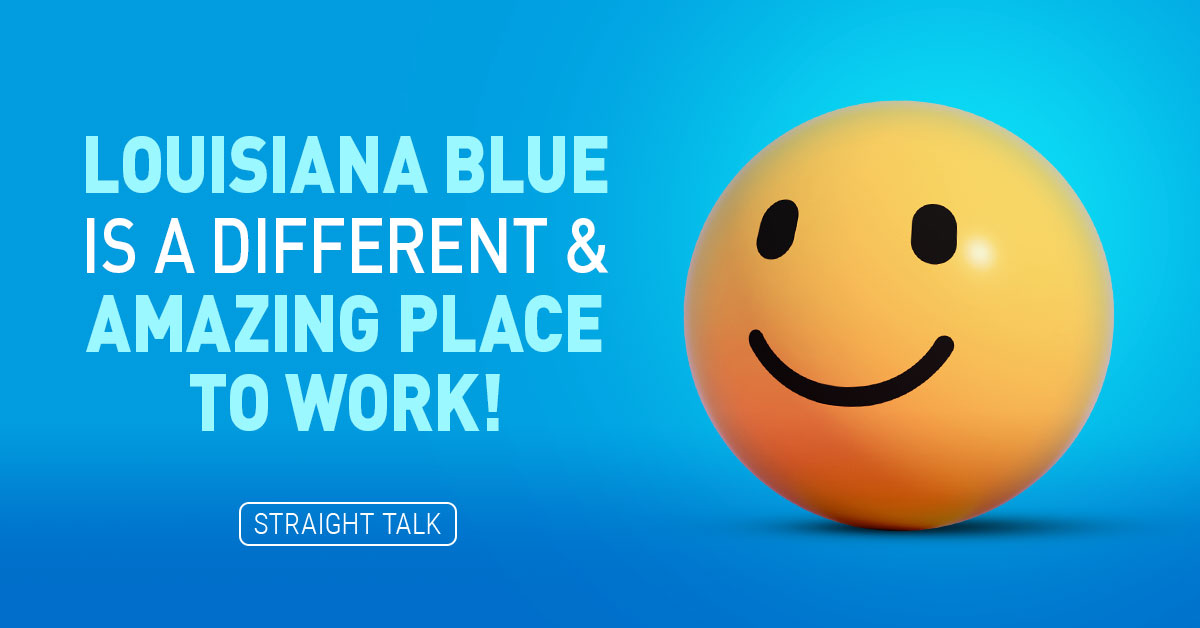By Michael Bertaut, Healthcare Economist
The debate is lively and nationwide. Why does the U.S. healthcare system cost so much? Why invest so many of our tax dollars into our healthcare system? And how do we stack up to other countries?
It helps to understand the things our healthcare system does well. You would be hard pressed to find another healthcare system serving 320 million culturally diverse individuals scattered over nearly 4 million square miles of territory and delivering the access to care that our system provides.
Average wait times for primary care visits in the United States at 18.5 days, are among the lowest on earth. Our specialist wait times and density are far and away the best on earth. Our trauma care systems are the best around the world. Got a serious disease like cancer? You will want to be treated in the United States. The newest edition of Global Cancer Facts shows clearly that for more than 20 different types of cancer, U.S. survival rates are much higher than in any other country on earth. We are faster, more aggressive and better at curing serious illnesses than any other system on the planet.
But the most notable part of our healthcare system seems to be how we spend money. According to the UN’s Organization for Economic Cooperation and Development (OECD), the United States spends more lavishly on healthcare than any other nation by far, at 16.4% of Gross Domestic Product (GDP) in 2014. The next nation on the list, the Netherlands, spends 11% of GDP.
It is even more instructive to examine this problem in dollars. In America, 16.4% of our 2014 GDP works out to $2.97 trillion dollars. Is that a lot? It’s about $9,000 for every man, woman and child in America per year. That’s a lot.
So, we are better at healing dreaded diseases and offering quick access – these are both good things, but very expensive. So, why is our system so different from everyone else’s? Most of the industrialized world has either tightly regulated private insurance (Germany) or government-managed health insurance (Switzerland) or even outright government owned-and-operated healthcare (United Kingdom). Our system is different and unique. Why?
It all started with a small group of teachers in Dallas in 1929. The Baylor University hospital they used was threatening to close for lack of business. The teachers got together and agreed to each kick in $6 per year, in exchange for 21 days a year of hospital care. This “Baylor Plan” model was copied quickly during the Depression and spread to many states under the name “Blue Cross.” By the late 1930s, another type of plan, called the Blue Shield plans, provided pre-paid medical coverage for doctor visits for thousands.
Something very interesting happened during World War II. Between 1940 and 1946, almost 20 million Americans served in the military, and many experienced modern healthcare for the first time in their lives. Following the war, most of the industrialized world (except the United States) found their infrastructure and manufacturing destroyed.
Here, the resulting business boom lasted well into the 1960s. Huge demand for college graduates in engineering and business drove up competition between companies for talent. Because marginal tax rates were sky-high after World War II (as much as 94% in 1950), health insurance became a real selling point for companies trying to attract the best and brightest. As this benefit spread in the 1950s from white to blue-collar workers, health insurance became a common and expected part of the benefits package of the U.S. worker.
In 1954, health insurance became a pre-tax investment for companies, and it remains so today. The U.S. government was so impressed with the Blue Cross and Blue Shield model that they used it to create Medicare and Medicaid in the mid-1960s. By 1970, some 80% of U.S. citizens had private health insurance, and another rapidly growing population enjoyed the new federal health insurance plans. The notion that your job “came with health insurance” was now set in concrete. This notion continues to separate us from nearly every other industrialized nation.





Leave a Reply